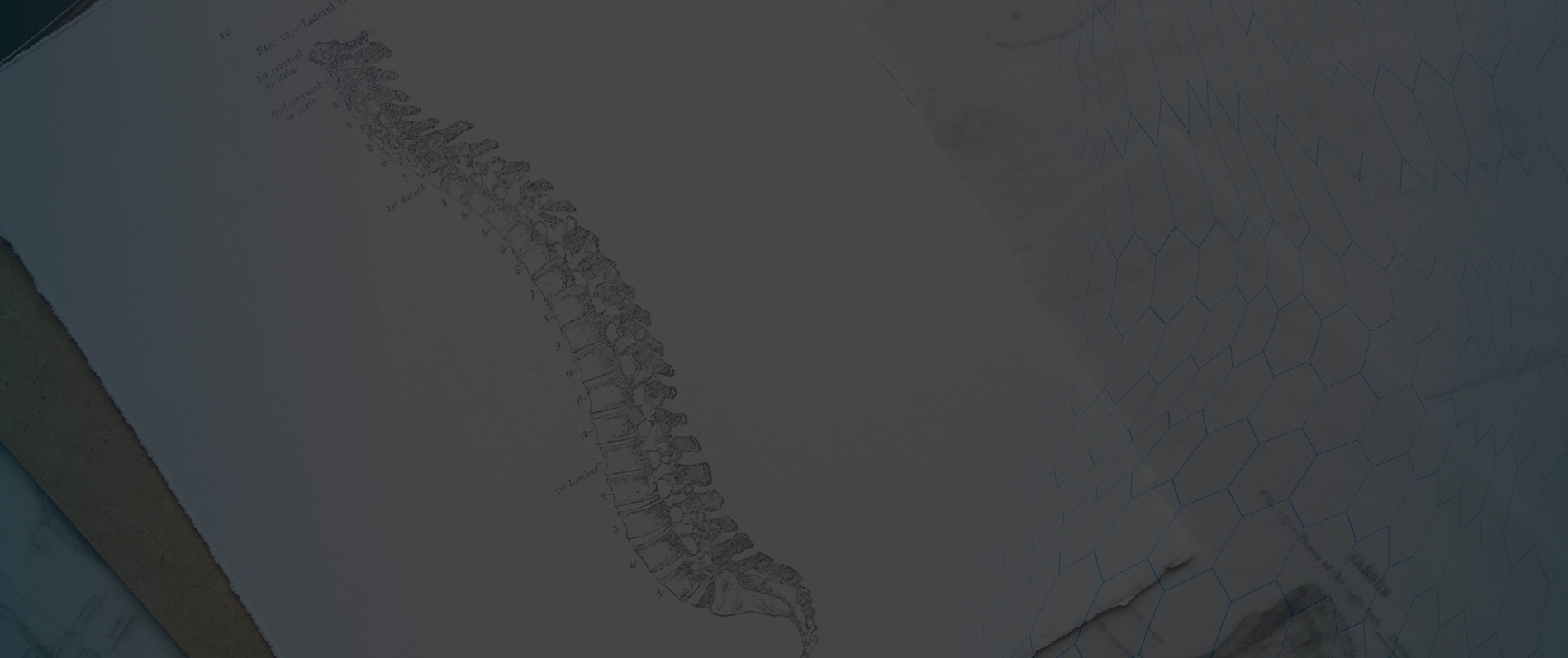
BLOG / PODCAST
Lumbar Disc Herniation 101
The most common spine problem that a patient will seek medical attention involves the lumbar disc. Diagnostic problems involving the lumbar disc are complex in presentation and therefore each patient’s symptoms are somewhat unique. Some patients have back pain and some have pain in one leg or perhaps in both legs. Numbness, weakness, back spasm, leg pain with no back pain, sudden onset or slow in developing, pain may be severe or subtle. Every patient is different and a good history is fundamental to figuring out the specific disc problem and how to treat it. Patients can be really confused and certainly anxious because disc problems can cause some serious pain and dysfunction. But rest assured, if you are having some of the symptoms listed above, an experienced Spine specialist can usually figure out the problem by just listening to you and examining you.
Doctor, “Is my disc ruptured or slipped”? “Do I have a herniated or a bulged disc”? “My Mom had sciatica, and got better with some emu oil”. Most patients have already received some free advice from a relative or friend before they seek a professional opinion. And that’s okay, heck I would too! So let’s talk about the subtleties of the lumbar disc.
As I said before, it is all about the history. Lumbar disc problems rarely are the result of trauma like a fall or a car wreck. Those types of injuries are more likely associated with a fracture if severe or perhaps a muscle strain if less severe. Most disc problems are the result of wear and tear and genetics. Most patients just kind of notice a little stiffness for a few days and then suddenly they wake up in severe pain looking for some help. The most distinguishing feature that your spine specialist will look for is leg pain known as radiculitis or radiculopathy and commonly known as sciatica. If that is the case then you are more likely to have a herniated or ruptured disc pinching a nerve rootlet in your back and causing the leg pain. Numbness, weakness difficulty standing and walking and even difficulty with your bowel and bladder can be present. In these instances, a more urgent approach may be recommended. X-rays and an MRI of your lumbar spine are important and surgery may be necessary if the symptoms are severe and associated with nerve dysfunction. Other options like an epidural injection, or physical therapy and oral medications may be the initial recommendation and can get often settle things down without surgery.
If the patient presents with symptoms limited to back pain without leg pain, then a simple back strain may be the cause and the treatment is more cautious. Often times the problem may not be a back problem at all. Diagnostic studies can be delayed to see if the symptoms will settle down over a week or two. If symptoms persist or worsen, then more aggressive options may be necessary. A degenerative disc or bulged disc that is not putting pressure on a nerve may be the diagnosis. Even these conditions can lead to surgery if they persist for many months and don’t improve with non surgical treatment.
Lumbar disc problems can truly be painful and getting some expert advice and just understanding the problem helps out tremendously. Your Spine Specialist in Alabama will look for the simplest and least invasive way to get you better. Just remember it all starts with a good history and examination from an experienced professional.